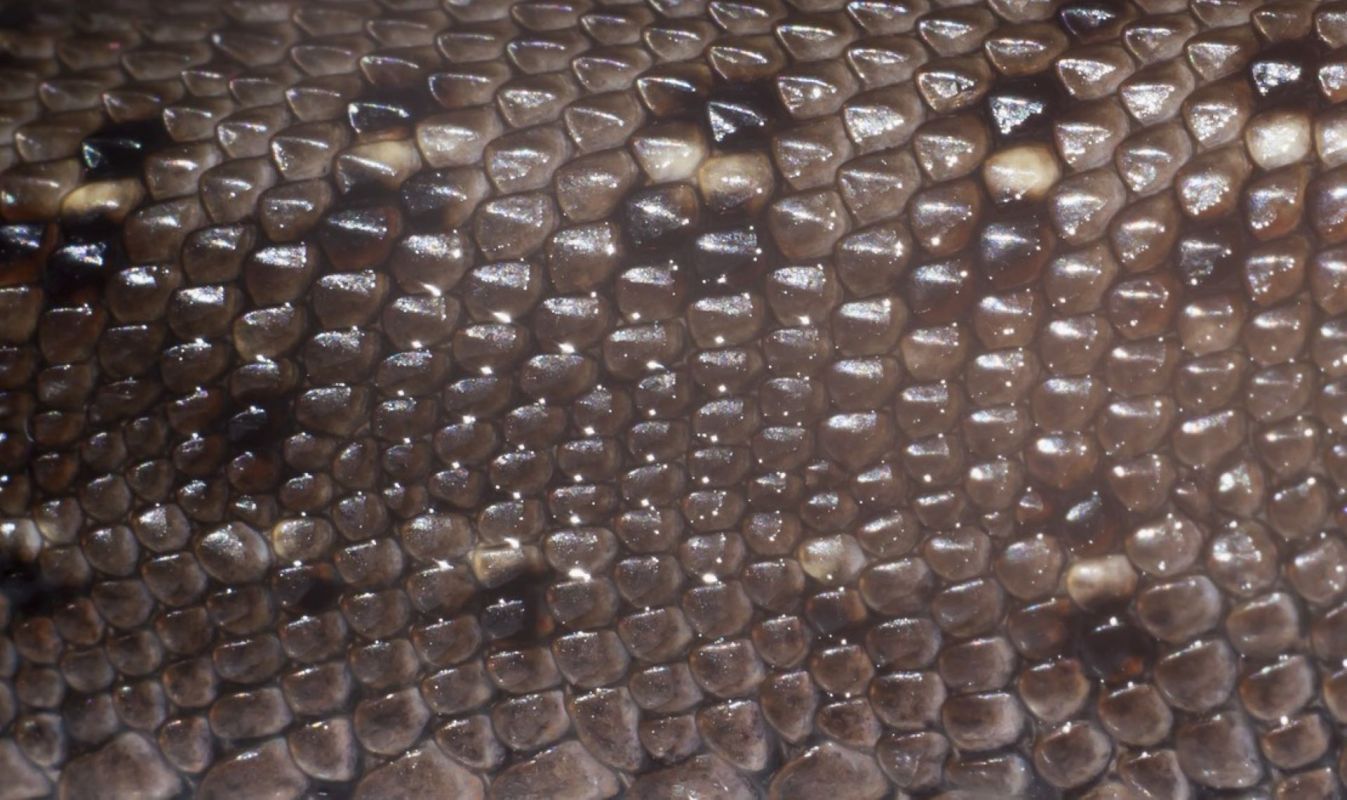In a storyline that may seem more fit for "Game of Thrones" than science labs, a United States biotechnology "de-extinction" company is backing a project to save a dragon — more specifically, the Victorian grassland earless dragon, a tiny Australian reptile that is nearly extinct.
As reported by the Guardian, Colossal Laboratories & Biosciences said it had committed nearly $300,000 to a Zoos Victoria program to save the critically endangered dragon, which had not been seen since 1969 and was thought to be extinct until a chance sighting in the wild earlier this year.
The six-inch reptile lacks an external ear, hence the name, and was once common in native grasslands west of Melbourne. The introduction of predators like foxes and feral cats, along with habitat loss, led to a population slump so extreme the dragon was feared to be extinct.
Foxes have been linked to population declines of other species in Australia as well, like the Little Penguin, which also found its champion.
As far as the little dragon, Colossal said it would help build a quarantined breeding center at the Melbourne Zoo and work on sequencing the species' genome and mapping its genetic relationship with related species, according to the Guardian.
"We're starting to leverage some of the cutting-edge technologies that Colossal has built towards a partnership with zoos and governments in order to protect endangered species," said Colossal's chief animal officer, Matt James.
The company, which also plans to bring back long-extinct species, like the dodo bird and the wooly mammoth, has been criticized for these efforts by some biologists who feel that the millions of dollars spent on these projects would be better spent on saving the growing number of species — The United States Endangered Species Act has removed 21 species from its at-risk list because they have been declared extinct — currently facing extinction.
Colossal said both goals are important, and the little dragon is the first species to get support through its "lost species initiative" to protect threatened wildlife.
Join our free newsletter for weekly updates on the coolest innovations improving our lives and saving our planet.









